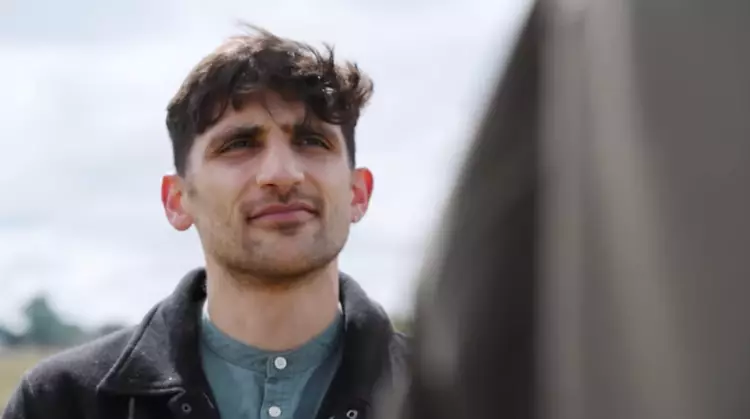A filmmaker has offered a rare glimpse into what life is like inside one of South Africa’s most controversial communities — a self-proclaimed “whites-only” town.
Just an hour from Johannesburg lies Kleinfontein, a secluded settlement that appears ordinary on the surface, complete with around 1,000 residents, its own bank, school, and shopping center. But beneath the calm exterior lies a deeply exclusionary set of rules that dictate who may live there.
Residents must meet strict criteria: they must be Protestant Christians, speak Afrikaans, trace their ancestry to the Voortrekkers — and be white.
Documentary maker Ben Zand, who is of mixed British-Iranian heritage, gained access to the community for his YouTube series Human. Despite the obvious challenges of entering such a place, Zand said he felt a strong need to uncover the truth behind Kleinfontein’s gates.
He learned that the town was founded in 1992 — just two years after apartheid officially ended under South Africa’s first Black president, Nelson Mandela. Yet the settlement still proudly displays a monument honoring Hendrik Frensch Verwoerd, the former prime minister widely known as the “father of apartheid.”
While the community’s rules and symbols seem to contradict modern South Africa’s ideals, Kleinfontein’s spokesman Ben Geldenhuys insisted their existence “is not a racist thing.”
“There was nothing wrong 300 years ago when the Germans lived by themselves, or the Franks lived by themselves, but now it’s a problem as somebody decided that multiculturalism is the way to go,” he told Zand.
“The people who want to integrate, let them, and the people who don’t, let them.”
However, despite these claims, Zand quickly realized that inclusion did not extend to him personally. Upon his arrival, one resident bluntly told him he would never “fit in” and would likely be denied permission to live there.
Yet, in an unexpected twist, the filmmaker described the townspeople as “insanely welcoming” once he began filming.
“They were so excited that I was there, and kept saying to me that they felt misunderstood. They think they’re right, but they just haven’t been heard yet,” he told The Metro.
“They were nice to me, because they probably wanted me to cover them nicely, and also, people find it very difficult to be horrible, even if they’re a complete racist, when one-on-one.”

Still, Zand admitted feeling uneasy throughout the visit — particularly when locals began referring to him as the “Prince of Persia.”
“I laughed it off, and Ben said, ‘No, I looked you up and your great-great-grandfather was the king,’” Zand recalled. “I have never even said that publicly. It’s something my family think is the case, but they don’t know for sure. I Googled it afterwards, and you can’t find the link, which makes it even crazier.”
He was also subjected to bizarre comments, including one resident asking if he drank alcohol, assuming he was Muslim.
Despite the uncomfortable moments, Zand reflected on the experience with nuance, saying it taught him valuable lessons about humanity and community.
“In Kleinfontein, they were so protective and kind to each other. They’ve created a well-functioning area, and the collectivism is such that they all contribute money to fund the schools and hospitals.
There’s a lot that can be learned, like if you work together, you can do great things. But that has a darker side, as by caring for themselves, they’ve banded together against other people whom they hate. We need a sense of identity that goes beyond our race and culture, as people on Earth.”
